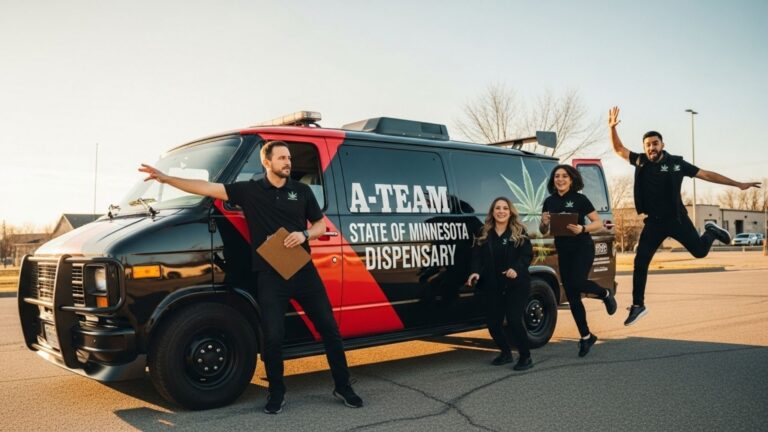How to Build Community Trust and Meet Maryland’s Public Engagement Standards
Opening a cannabis dispensary in Maryland isn’t just about licenses and operations—it’s about becoming a trusted part of your community. That’s why the Maryland Cannabis Administration (MCA) requires license applicants to demonstrate meaningful public engagement and community benefits as part of the application process.
In this guide, we’ll walk through what Maryland expects from dispensaries in terms of community engagement and how to implement a plan that strengthens local relationships and your application score.
1. Understand Maryland’s Community Engagement Requirements
As outlined in Maryland’s cannabis licensing framework, applicants must show how their business will positively impact the surrounding community. This includes:
- Supporting local employment
- Partnering with community organizations
- Demonstrating public health awareness
- Hosting educational sessions or forums
- Reducing stigma and misinformation about cannabis
Applications are scored in part on how effectively your business will engage with and benefit the local population.
2. Design a Community Impact Plan
Your Community Impact Plan should detail:
- Hiring commitments for local and underrepresented populations
- Planned donations or partnerships with local nonprofits
- Health and safety programs (e.g., responsible use education)
- Community education events hosted at your location or virtually
- How your business will reduce crime and increase safety
This plan should align with your dispensary’s mission and be scalable as your business grows.
3. Engage Early with Local Stakeholders
Start building relationships before you open your doors. Key stakeholders include:
- City council members and local officials
- Neighborhood associations
- School boards and youth programs
- Police departments and first responders
- Health departments and clinics
Consider hosting a community open house or information session to answer questions and ease concerns.
4. Hire and Train Locally
Hiring from within the community demonstrates a real commitment to local economic development. Prioritize:
- Residents from disproportionately impacted areas
- Veterans and returning citizens
- Local college graduates or vocational program alumni
Train your staff to reflect your values of inclusion, safety, and professionalism—this will carry over into every customer interaction.
5. Partner with Local Nonprofits and Small Businesses
Collaborate with nonprofits that align with your mission—such as those focused on public health, criminal justice reform, youth empowerment, or economic development. You can:
- Donate a portion of revenue
- Host joint events or awareness campaigns
- Offer sponsorships or in-kind support
- Source goods or services locally
Partnerships help deepen your brand’s roots in the community and create long-term goodwill.
6. Monitor and Report Impact
Maryland may require license holders to track and report on community benefit activities. Be ready to document:
- Event attendance and community feedback
- Donations made and volunteer hours logged
- Hiring statistics and employee retention rates
- Media mentions and public sentiment
Create an internal dashboard or quarterly report to track your impact and stay accountable.
🌱 Final Thoughts: Community Engagement Is Your Competitive Advantage
Building trust with the community isn’t just good for licensing—it’s good for business. A dispensary that’s seen as a responsible, engaged neighbor will attract more customers, better employees, and fewer objections from regulators or local officials.
At GreenGrowth CPAs, we help cannabis businesses structure and document community engagement strategies that strengthen their license applications and build sustainable local relationships. From compliance to reporting to payroll and HR support, we’re your cannabis accounting partner in long-term community growth.
✍️ By Daniel Sabet, Cannabis CFO & Financial Advisor at @GreenGrowthCPAs. Daniel advises cannabis operators nationwide on finance, compliance, and strategy.




